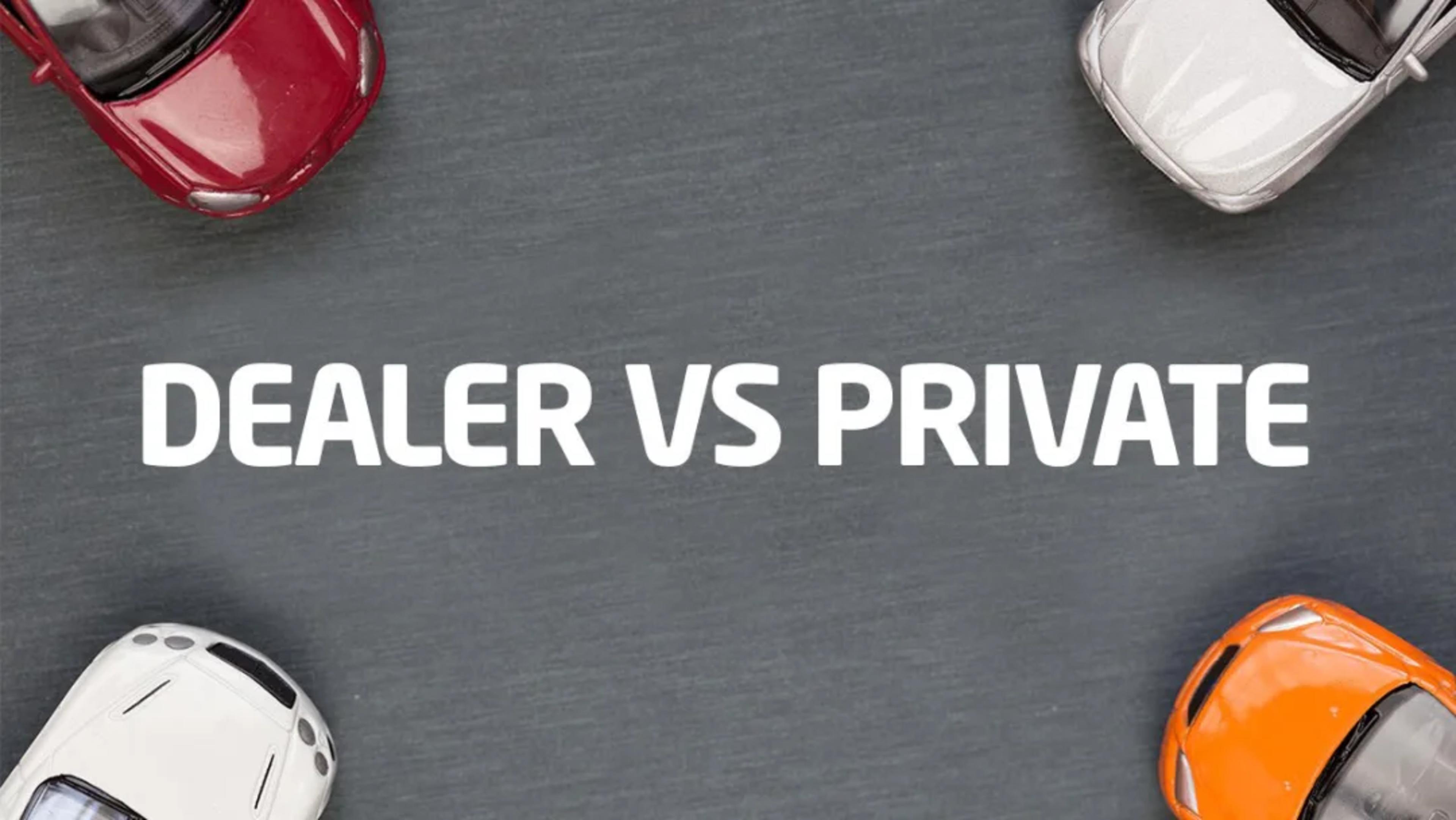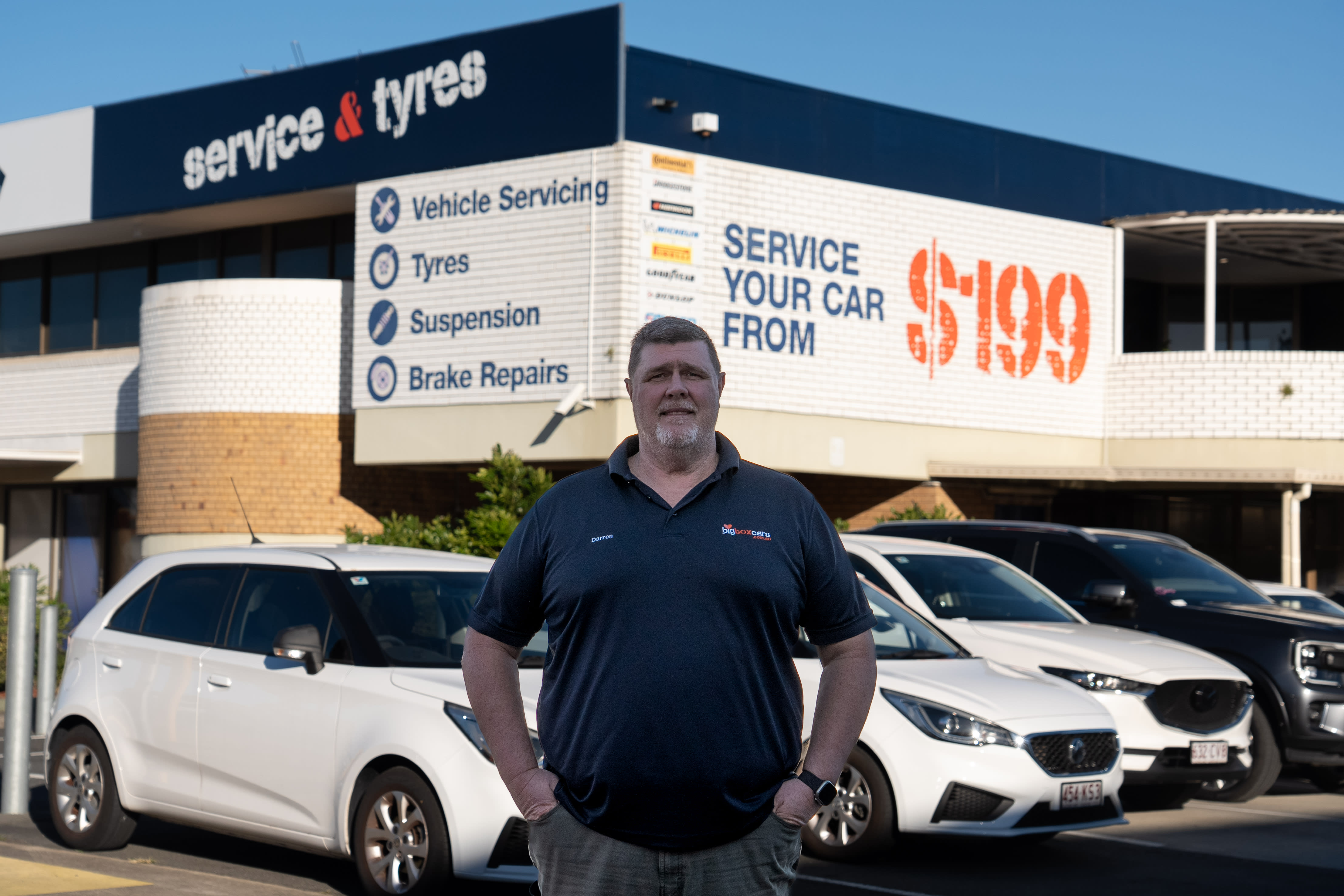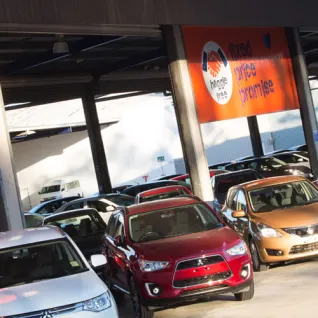
Private Sale or Dealership? What's the Best Way to Buy a Used Car?
Posted in Bigbox Motoring Advice
Published Fri Oct 20 2023
Private Sale or Dealership? What's the Best Way to Buy a Used Car?
When it comes to purchasing a used car, you have two primary options: buying from a private seller or a dealership. Both choices have their pros and cons, but in this article, we'll explain the key differences and shed some light on why buying from a reputable dealership often proves to be the wiser choice.
Hidden Costs in Private Sales
One of the less discussed aspects of buying a used car privately is the presence of hidden costs such as stamp duty. Stamp duty is a tax levied by the government, which varies depending on the price of the vehicle and the state or region you're in. This cost, which can sometimes be substantial, is not typically factored into the initial price when negotiating with a private seller. This means the price you see may not be the final price you'll pay.
Drive Away Pricing at Dealerships
Dealerships often offer the convenience of "drive away pricing." This means the price you see on the vehicle is the all-inclusive price, which includes all relevant taxes, fees, and often a warranty or a guarantee of roadworthiness. This makes it easier to budget for your purchase and reduces the chances of unexpected costs down the road. All necessary paperwork (ownership/title transfer & registration) is handled by the dealership, meaning no lining up and waiting in the Department of Transport & Main Roads. You are free to simply drive away and enjoy your new sets of wheels.
Warranty and Peace of Mind
In some cases, dealerships offer warranties on their pre-owned cars. By law, we must offer a 90-day statutory warranty that protects you from most issues with your car for 90 days post purchase. While you can negotiate a private sale to include a warranty, it's not very common, and the coverage might not be as comprehensive.

Inspection and Certification
Dealerships generally put their used cars through a rigorous inspection and reconditioning process. This means that the vehicles they sell are often certified to be in good working order, and any potential problems have been addressed. A reputable dealership, like Big Box Cars, will also provide you with a full car history check. When buying privately, you have to rely on your own knowledge and judgment, and you might not be aware of potential issues with the vehicle until it's too late. You can always try to get the vehicle inspected by a trustworthy mechanic but that all depends on how much time the seller has.
Financing Options
Dealerships often offer financing options, making it more accessible to purchase a used car with a payment plan. Private sellers usually require full payment upfront, which can be a considerable financial burden for many buyers.
At a Dealership like Big Box Cars, you can trade in your current car for use as a down payment. We can trade your car in, as is - on the spot rather than you having to go through all the effort and time of getting it detailed, photographed, advertised online, meeting potential buyers, negotiating price, a roadworthy certificate, extended registration, etc.
Selection and Variety
Dealerships typically have a wide variety of makes and models to choose from, making it easier to compare different options and find a car that fits your needs and budget. Private sellers may have a more limited selection, and you might have to visit multiple individuals to find the right car.

In the end, a dealership has a reputation to lose. This means a dealership relies on selling a great product and providing customers with an outstanding experience. You can also trust that its team members will help you with any concerns you have about the car and any questions you may have after the sale.
We take this seriously - check out our reviews of 4.7 / 5 from 2,000+ reviews. When it comes to peace of mind, support, and a smoother buying experience, buying from a reputable dealership often proves to be the wiser choice when considering a used car purchase.

Choose.Buy.Enjoy
A better way to buy and sell used cars.





